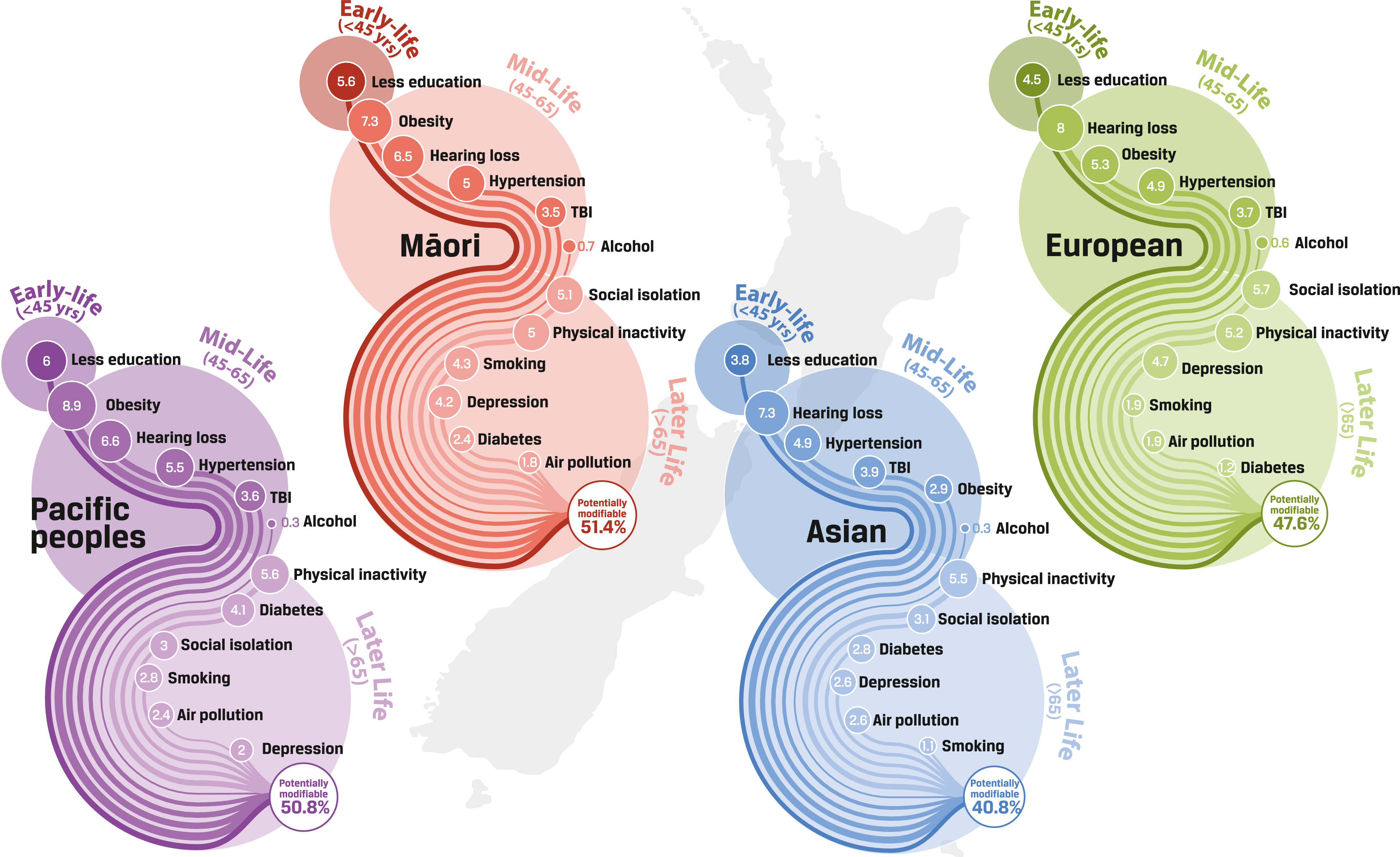Human Caspases and Neuronal Apoptosis in Neurodegenerative Diseases, 2022, Pages 69-151
This book chapter advances SDG #3 and #10 by reviewing the latest developments in the field of clinical diagnosis and pharmacotherapeutics have provided hope to ameliorate the behavioral changes and cognitive disturbances associated with the disease.
The authors' goals of this study (associated with 13 dietary patterns or scenarios) are to assess 1) to what extent current food utilization in Indonesia (2 patterns) provides for meeting health and nutrition targets and how its GHGe (greenhouse gas emissions) and water footprints compare to global targets; and 2) how alternative dietary scenarios, optimized to meet nutrient needs at the lowest possible cost (7 scenarios) or designed to be more healthy and environmentally friendly (4 scenarios), compare to current food patterns for nutrient content, agricultural contributions to climate change, and freshwater conservation, as well as cost.
Elsevier,
The Inequality of COVID-19, Immediate Health Communication, Governance and Response in Four Indigenous Regions, 2022, Pages 177-198
Australian Aboriginal peoples led the mitigation efforts and are credited for their resilience and discipline in the relatively successful management of the pandemic. This chapter is an examination of COVID-19 mitigation process and programs focusing on Indigenous communities of Australia.
A population-based genomic epidemiological study examining trends in tuberculosis among Australian First Nations peoples versus non-Indigenous and overseas-born Australians, in the context of SDG 3 and 10.
Explores how using Australian First Nations methodology in road safety education could reduce the very high rate of road traffic injuries and deaths among First Nations people.
A cohort study, in the context of SDG 3 and 10, showing that reduced lung function within the clinically normal range is associated with increased mortality and cardiovascular disease risk among First Nations Australians.
This study supports SDG 3 and 10 by showing that the risk of dementia and the modifiable risk factors for dementia vary substantially among the different ethnic groups in New Zealand (European, Māori, Asian, and Pacific people), indicating that dementia prevention efforts should be tailored to each ethnic group, to account for these differences.
Research activism to urgently improve Indigenous perinatal health and wellbeing.
The recent Intergovernmental Panel on Climate Change (IPCC) Special Report on Oceans and the Cryosphere in a Changing Climate suggests sea level rise may be best understood as a slow onset disaster for Pacific Island countries and, in particular, low lying atoll nations. Sea-level rise, coastal flooding and surge inundation is an increasingly pressing problem across the urban Pacific.
The multifaceted relationships that exist between communities and the environment in Fiji are increasingly threatened by the cross-temporal impacts of climate change. Recent literature on the relocation of vulnerable communities as a means to avoid slow-onset climate change impacts in Fiji highlights the complexity of these relationships and the range of considerations that must be factored in when assessing relocation options and strategies.

